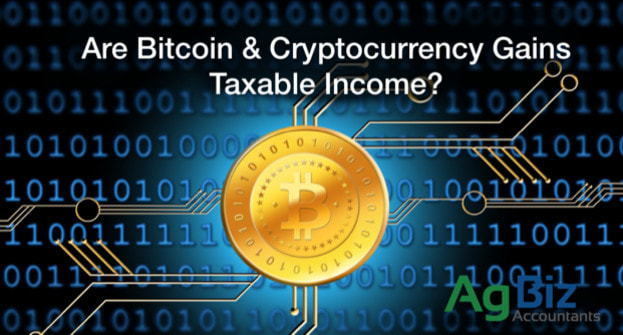|
Cryptocurrencies are intangible property in which encryption techniques are used to both generate the digital currency and to verify the transfer of currency between people. There are some 900 cryptocurrencies of which Bitcoin is the most popular. Cryptocurrencies such as Bitcoin are obtained from a cryptocurrency exchange or (some overseas)ATMs, or customers who pay in cryptocurrency.
CCH Learning & Staples Rodway recently presented “Taxing Cryptocurrencies (Tax, GST and Internet Cash). The Q & A session with 100 attendees ran for 45 minutes, here are some of key questions on tax and Cryptocurrencies Question: If bitcoin is sold for a profit does income tax apply? Answer: Income tax applies to the proceeds from selling any property acquired with a purpose or intention of disposal. Bitcoin is property and therefore any proceeds from the sale of bitcoin are taxable if it was acquired with a purpose of on-sale or disposal. Question: What do Inland Revenue think? Answer: Inland Revenue do not have published views as yet but are in the process of completing a public statement on the income tax and GST effects of cryptocurrency. (In comparison the Australian Tax Office published a series of rulings on cryptocurrencies in 2014). Question: Is it possible for gains on bitcoin to be on capital account – i.e. non-taxable? Answer: In tax terms bitcoin and gold share similar characteristics. Neither asset class produces revenue as compared to say shares or deposits which generate dividends and interest. With reference to this characteristic, Inland Revenue have recently released Questions We’ve Been Asked – Are Proceeds from the Sale of Gold Bullion Income? In short, Inland Revenue’s default position is that “proceeds from selling gold are taxable”. Cryptocurrencies such as bitcoin will often be purchased with a view to disposal (and the proceeds will therefore be taxable). It is also true that assets such as gold and bitcoin can be purchased by investors for long-term holding, i.e. without a view to disposal. Not all purchasers of gold or bitcoin need to (or intend to) cash-out and realise their gains. That said, Inland Revenue’s position is clear, they expect tax to apply to the proceeds of selling cryptocurrencies. Question: When my retail business sells goods and services and is paid in cryptocurrency, what is the GST effect? Answer: Cryptocurrency is classified as a good or service for GST purposes. Therefore, the retailer is treated as selling goods and services in exchange for other goods and services. This is known as a “barter transaction”. Special rules apply depending on whether the transaction is a B2B or a B2C transaction. Question: Is it true that consumers suffer a “GST double hit” when they buy bitcoin from a GST registered person and then use that bitcoin to buy goods and services from a business? Answer: Yes, a purchaser is charged GST when they buy cryptocurrency from a GST registered person, and they are charged GST again when they buy the goods and services. This GST double hit occurs because cryptocurrency is classified as a good or service for GST purposes. (This assumes the consumer is not buying goods and services as part of a GST taxable activity). Australia has changed its GST Act such that cryptocurrency is treated as “money” for GST purposes. As a result, GST does not apply when a person buys cryptocurrency. We hear that cryptocurrency related GST reform is expected in New Zealand . . .…but until then, this remains a very grey area! We will keep you posted as more information comes to hand. If you want to know more about the income tax and GST effects of cryptocurrencies contact your Core Business Services tax advisor.
0 Comments
|
AuthorCORE Business Services Archives
September 2021
Categories |


 RSS Feed
RSS Feed